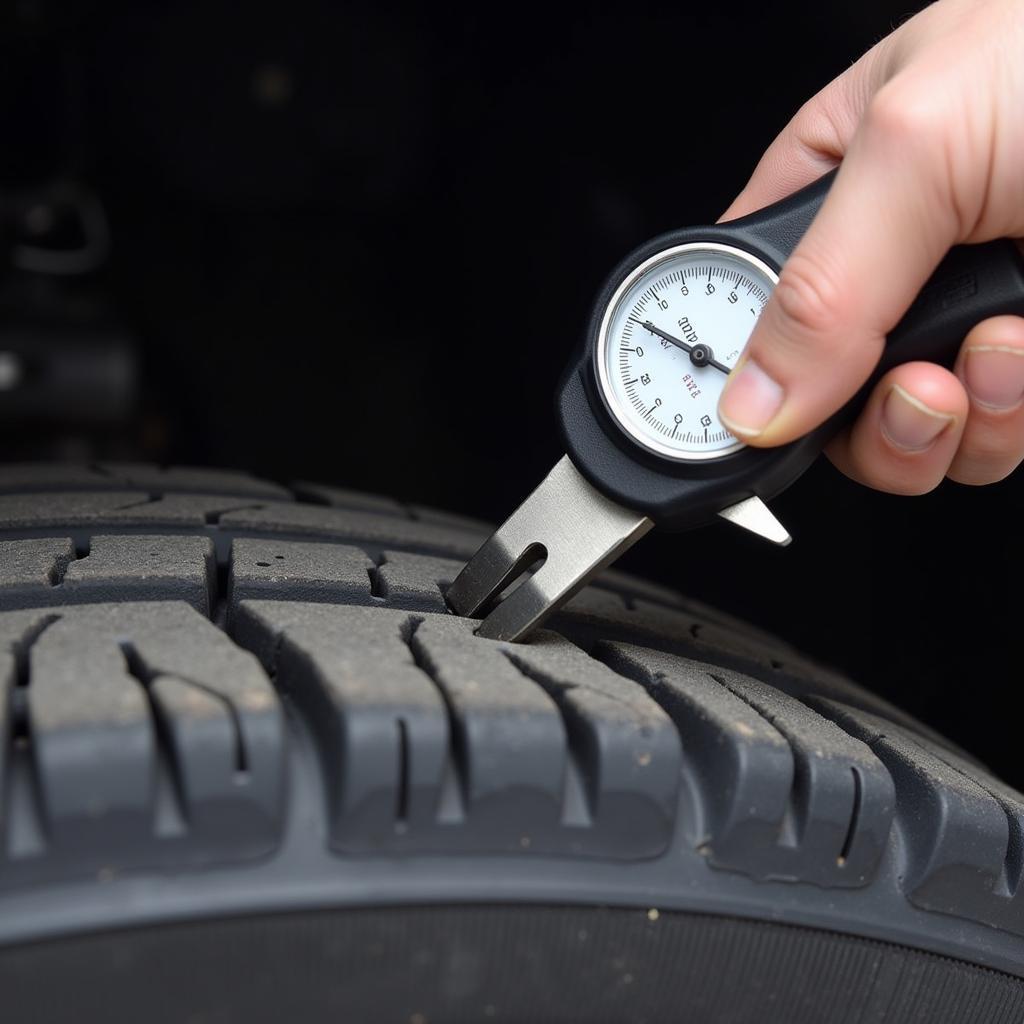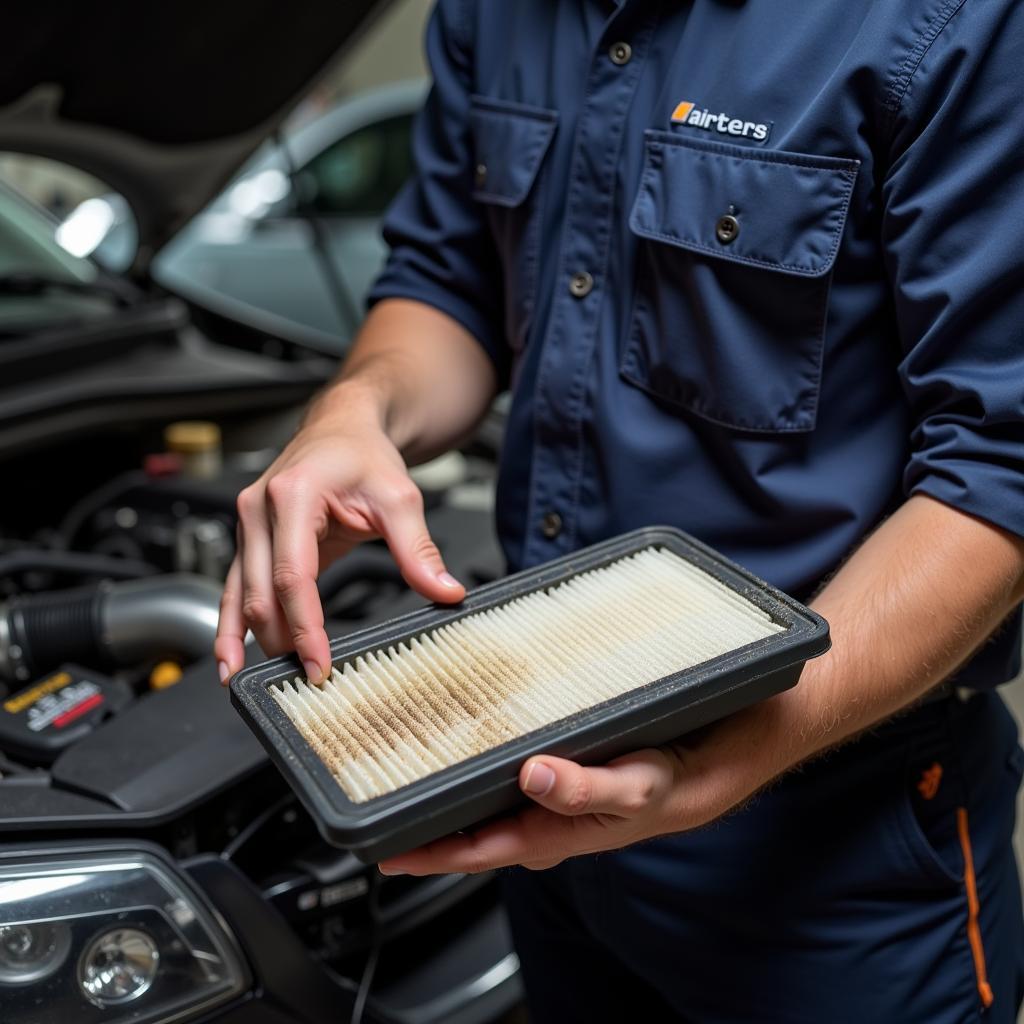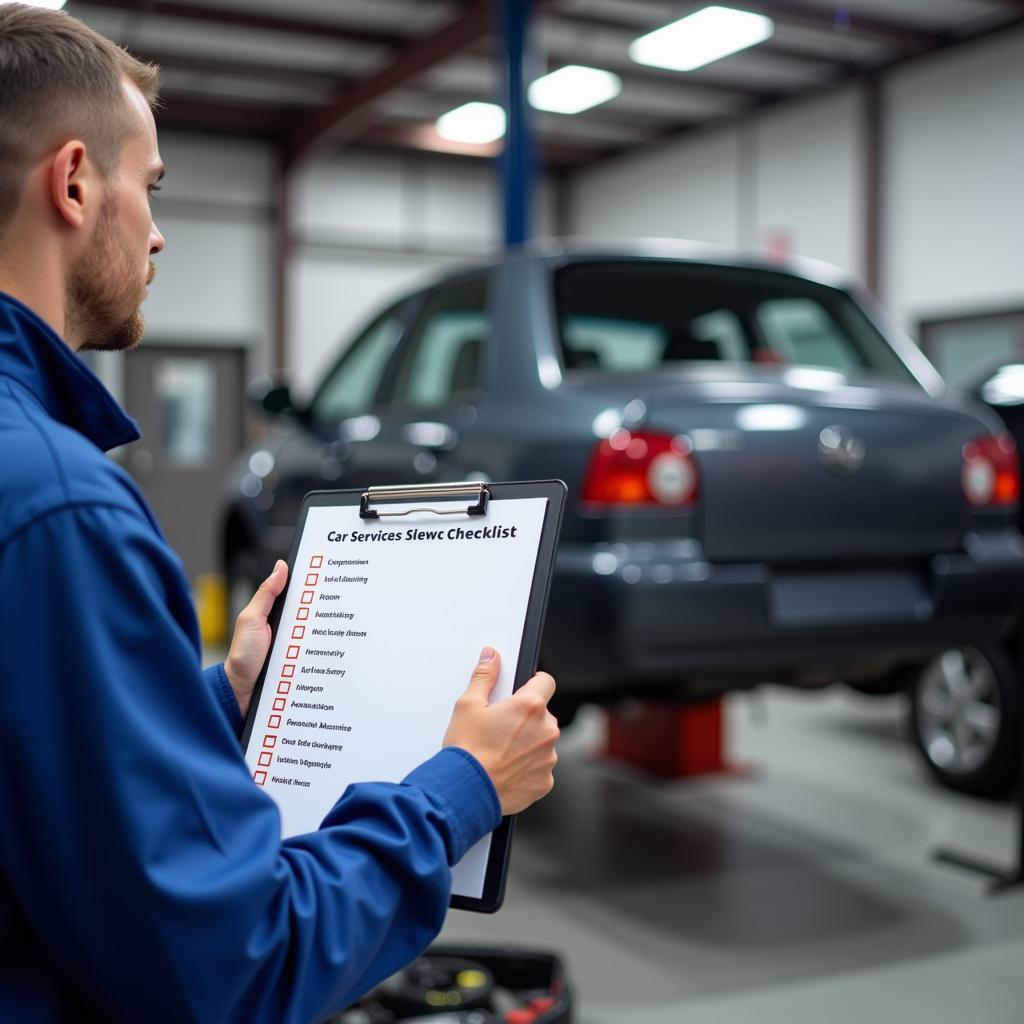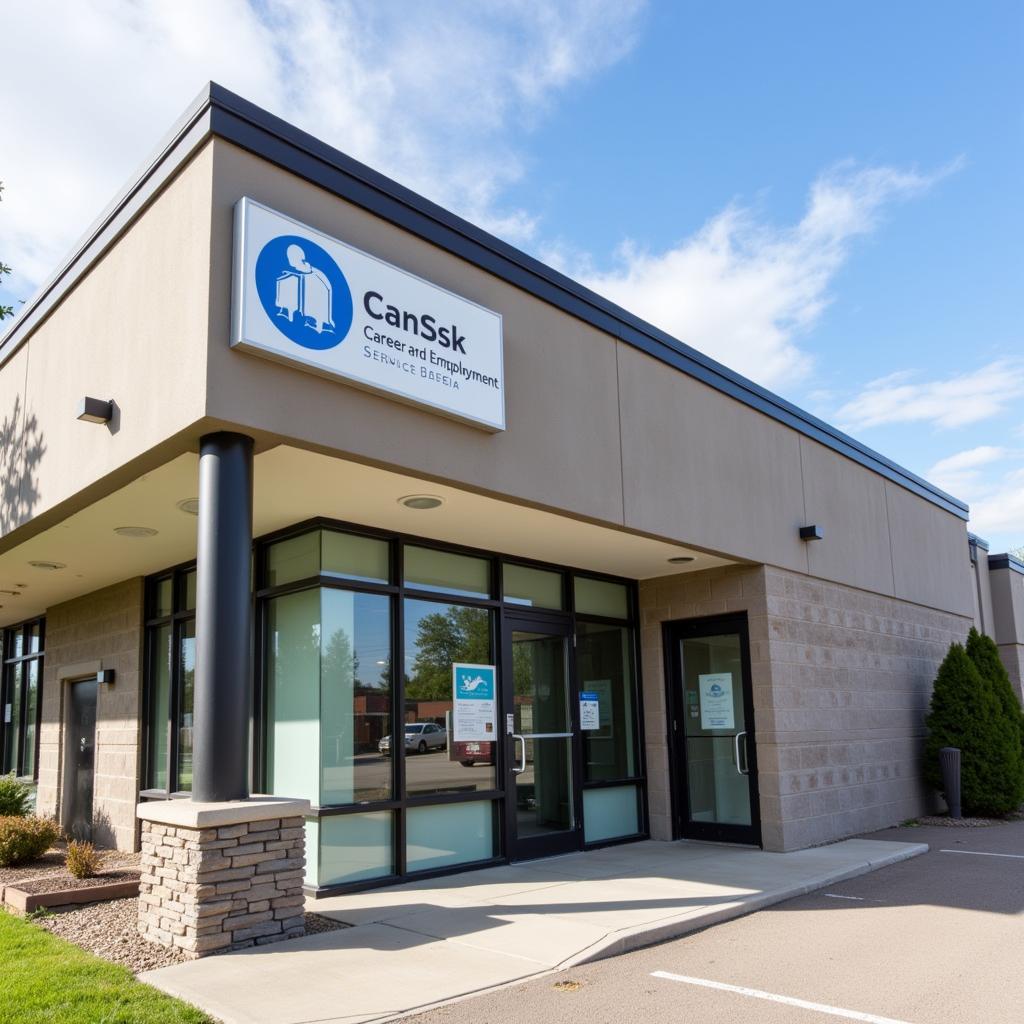What Do You Get in a Basic Car Service?
Understanding the ins and outs of car maintenance can feel like navigating a maze, especially when terms like “basic car service” get thrown around. It’s more than just an oil change, but what exactly does it entail? This guide is here to demystify the process, detailing the essential checks and adjustments included in a standard car service.
Decoding the Basic Car Service
A basic car service, often referred to as an interim service, is your car’s regular check-up, designed to keep everything running smoothly. It goes beyond just topping up fluids; it’s about preventative maintenance. Think of it like visiting your doctor for a check-up rather than waiting until you’re seriously ill.
What’s Typically Included?
While the specifics can slightly vary depending on your car’s make, model, and the service provider, here’s a general overview of what a basic car service usually covers:
1. Oil and Filter Change: This is the cornerstone of any car service. Used oil is drained and replaced with fresh oil, along with a new filter, ensuring your engine stays lubricated and performs optimally.
2. Fluid Level Checks and Top-Ups: Various fluids keep your car going, including coolant, brake fluid, power steering fluid, and windshield washer fluid. These levels are checked and topped up as needed.
3. Tire Inspection: Your tires are your only point of contact with the road, making their condition crucial. A basic service includes checking tire pressure, tread depth, and overall condition, looking for any signs of wear or damage.
 Car mechanic inspecting tire tread depth during a car service
Car mechanic inspecting tire tread depth during a car service
4. Brake Inspection: Your brakes are paramount for safety. A visual inspection of the brake pads and discs will be conducted to assess wear and tear.
5. Light Check: All exterior lights, including headlights, taillights, brake lights, and indicators, are checked to ensure they function correctly.
6. Battery Test: Your car battery’s health is assessed, checking its voltage and ensuring it holds a charge effectively.
7. Visual Inspection: A mechanic will visually examine the engine bay for any leaks, loose connections, or signs of damage.
8. Air Filter Check: A clogged air filter can impact your car’s performance and fuel efficiency. The air filter is inspected and cleaned or replaced if necessary.
 Car mechanic inspecting air filter in a car service
Car mechanic inspecting air filter in a car service
9. Cabin Air Filter Check: Responsible for the air quality inside your car, the cabin air filter is checked and replaced if needed.
10. Windshield Wipers: Worn wipers can impair visibility, so they’re inspected and replaced if necessary.
Why is a Basic Car Service Important?
You might be wondering, “Is all this really necessary?” The short answer is yes. Here’s why:
1. Safety First: Regular maintenance ensures your car is safe to drive, minimizing the risk of breakdowns or accidents caused by faulty components.
2. Prolonging Your Car’s Lifespan: Just like our bodies, cars need regular check-ups to stay healthy. Routine service helps prevent small issues from escalating into major (and costly) problems, extending the life of your vehicle.
3. Optimal Performance: A well-maintained car simply runs better. You’ll enjoy smoother handling, better fuel efficiency, and improved overall performance.
4. Maintaining Value: A consistent service history adds value to your car, making it more attractive to potential buyers when it’s time to sell or trade in.
“Regular car maintenance is not an expense; it’s an investment,” says John Smith, a seasoned automotive expert with over 20 years of experience. “Think of it as a small price to pay for peace of mind and a car that performs at its best.”
How Often Should You Get a Basic Car Service?
Most manufacturers recommend a basic car service every 6,000 miles or 6 months, whichever comes first. However, it’s always best to consult your car’s owner’s manual for specific recommendations based on your make and model.
Beyond the Basics
While a basic car service covers the essentials, there are additional checks and services you might consider depending on your car’s age, mileage, and driving conditions. These can include:
- Brake Fluid Change
- Coolant Flush
- Transmission Service
- Spark Plug Replacement
 Mechanic reviewing car service checklist
Mechanic reviewing car service checklist
Finding a Reputable Service Provider
Choosing the right place for your car service is crucial. Look for a reputable mechanic or garage with qualified technicians and positive customer reviews. Don’t hesitate to ask about their experience and any certifications they hold.
In Conclusion
Understanding “what you get in a basic car service” empowers you to make informed decisions about your car’s maintenance. Regular servicing is not just about ticking boxes; it’s about prioritizing safety, maximizing performance, and extending the life of your vehicle. Remember, a well-maintained car is a happy car (and a happy driver!).
